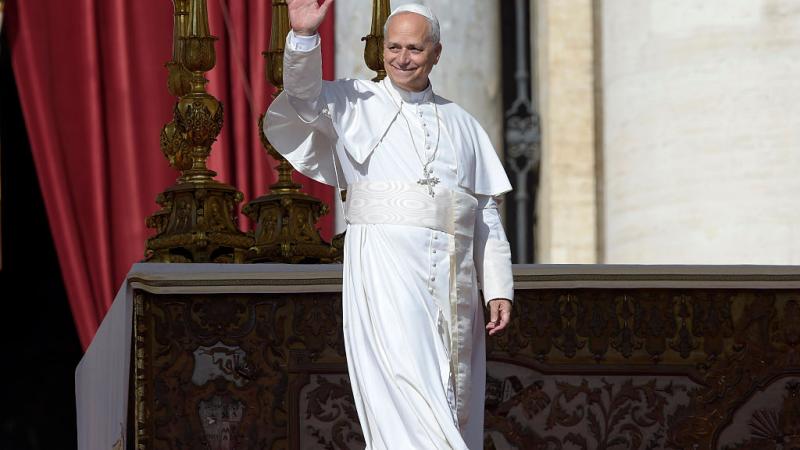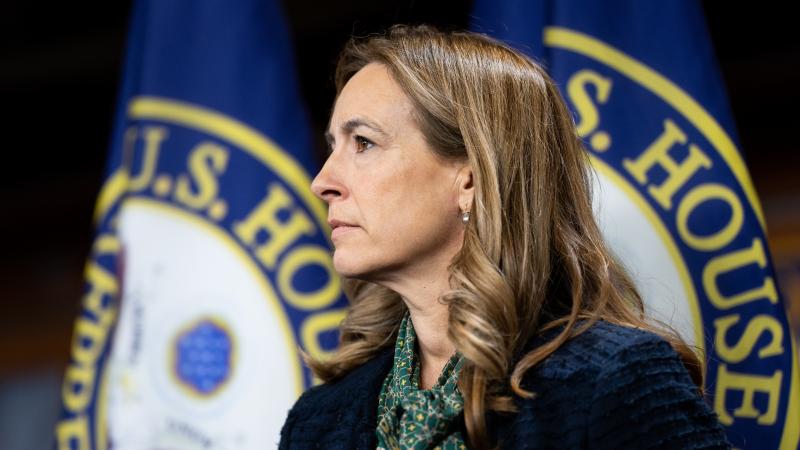Abortion coverage mandate doesn't harm churches, Washington state tells baffled appeals court
As if state officials were arguing "our fingerprints aren't on the murder weapon," 9th Circuit judge says.
Washington state officials claim its no-exception abortion coverage mandate in health plans does not necessarily require health plans to include abortion coverage.
This baffled a federal appeals judge at oral argument Friday, characterizing officials as saying "our fingerprints aren't on the murder weapon."
Seattle-area Cedar Park Assembly of God is challenging SB 6219, which requires health plans that cover maternity care to also provide "substantially equivalent coverage to permit the abortion of a pregnancy." It took effect with health plans issued or renewed after Jan. 1, 2019.
The law goes further than the federal Affordable Care Act's contraceptive mandate, offering no religious or moral exemptions even for churches that believe abortion is murder. The Supreme Court upheld religious and moral exemptions for religious nonprofits under the ACA last year.
Cedar Park is required to cover maternity services by federal law or face "crippling monetary penalties," so SB 6219 forces it to violate either state law or its religious beliefs, the church said when it filed suit two years ago.
The state is trying to get the lawsuit thrown out for lack of standing by the church, arguing that SB 6219 had no impact on Cedar Park's ability to purchase a health plan in line with its pro-life beliefs.
Kaiser Permanente told the church it couldn't negotiate a new plan because it was too soon before its current plan expired, Assistant Attorney General Paul Crisalli told the three-judge panel of the 9th U.S. Circuit Court of Appeals. Cedar Park, he argued, cannot demonstrate "injury in fact."
The law is "maybe just window dressing?" Judge Richard Clifton responded incredulously, noting Kaiser Permanente explicitly cited SB 6219 in refusing to provide an abortion-free plan. The state wants to "wash its hands of the impact that the statute was intended to and expected to have."
'Coercive effect on secular insurers'
The church not only believes life begins at conception but is fostering about 1,000 embryo adoptions, Rory Gray of the Alliance Defending Freedom (ADF) told the panel, arguing that the law "undermines everything they teach, do and believe."
He said the 9th Circuit settled the issue of standing last year when ADF challenged California's swift revocation of religious exemptions and imposition of abortion coverage in church health plans. A different three-judge panel found that Skyline Wesleyan Church had demonstrated injury in fact.
Judge Sandra Ikuta challenged Gray's comparison of the two cases, pointing to other currently offered health plans that allegedly honor its religious beliefs. The church was injured "the moment that abortion coverage entered" its health plan, the lawyer responded, and "hypothetical fixes ... can't undo the injury."
The law has a "coercive effect on secular insurers," who face fines, jail time and loss of business authorization for excluding abortion from any health plan, regardless of the customer's beliefs, Gray argued. Kaiser Permanente is "ready, willing and able" to offer a plan compatible with Cedar Park's beliefs once it gets a court order enjoining the mandate against churches.
Judge Ikuta twice challenged Crisalli, the state lawyer, when he said Cedar Park had a health plan that covered abortion before and after the law passed, showing its injury was not "fairly traceable" to the state. The church blamed its insurance agent for falsely describing its coverage, and when it learned the truth, Cedar Park unsuccessfully sought abortion-free coverage that also met its other needs, the judge said.
Crisalli also tried to pass the buck to Kaiser Permanente for misunderstanding its obligations under state law, which includes an older conscience exemption that SB 6219 purportedly did not touch. Premera Blue Cross and Catholic healthcare system Providence offer plans that recognize conscience objections, the lawyer said.
Ikuta wasn't convinced the new law, with its "flat ban" on abortion-free plans, was compatible with the older law. In the absence of "authoritative judicial construction" that found SB 6219 didn't supersede the older law, Kaiser Permanente took the former's abortion mandate "on its face."
Asked for case law that finds two facially "inconsistent" laws should be read in harmony, Crisalli said the legislative record shows the older conscience exemption was intended to "still work parallel" with the new law.
The state lawyer emphasized what the church didn't allege: "no carrier" would offer a plan consistent with its beliefs, it sought such a plan from other carriers, or that the state rejected a submitted plan.















